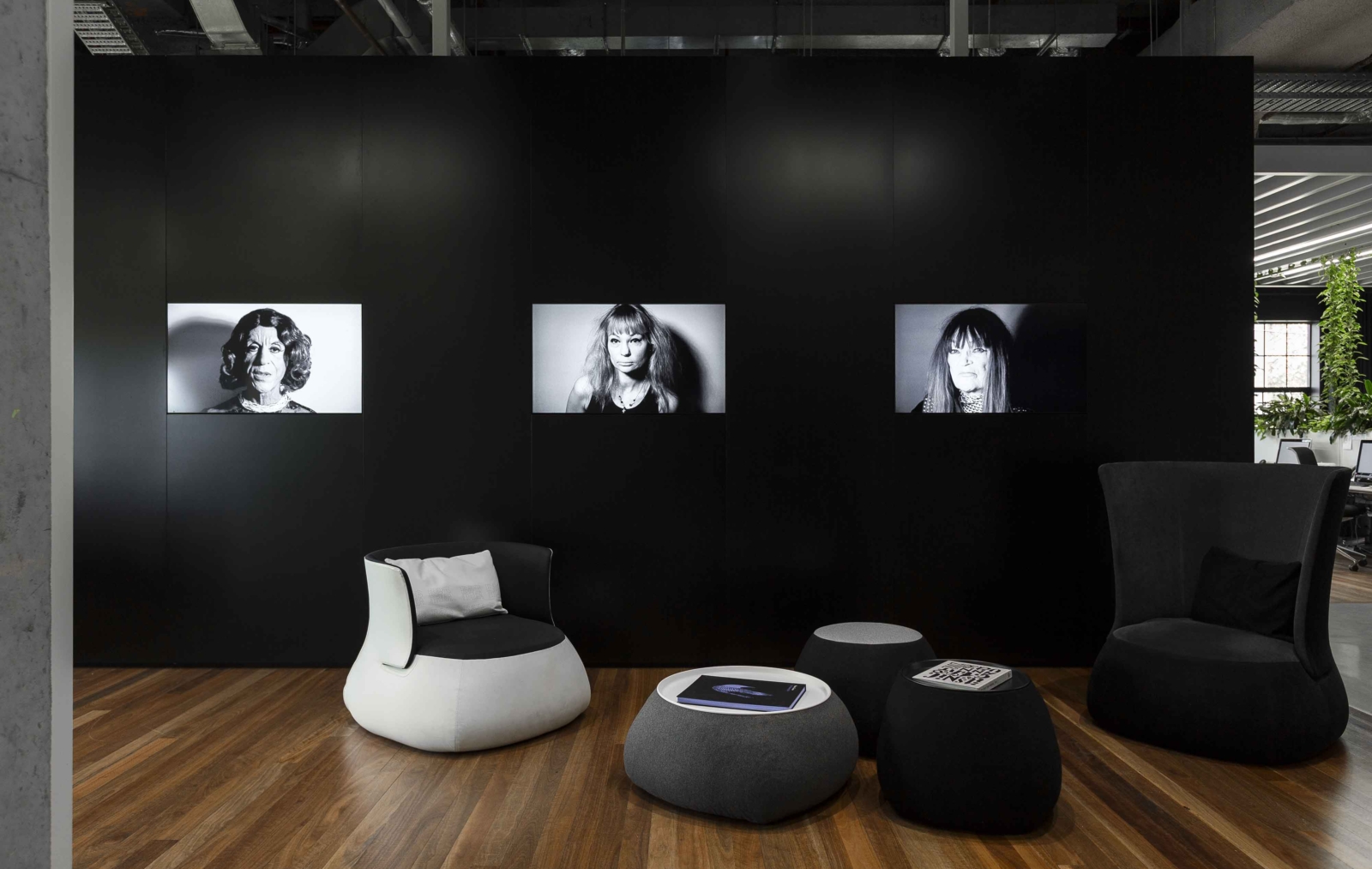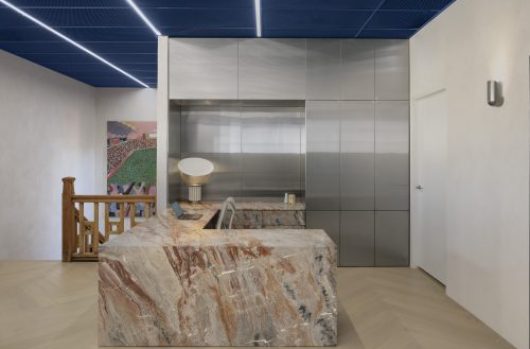
The best places to work in Australia
Australian physiotherapy company The Physio Co has an unusual annual expense: unlimited budget for flowers. Roses are not for clients, however. They are for staff.
“If something goes right in a team member’s life we send a bunch of flowers to celebrate that victory,” reasons founder and CEO Tristan White. “Or if something is wrong we send flowers in hospital.”
This year The Physio Co ranked as one of Australia’s 25 Best Places to Work between 100 and 999 employees by the Great Place to Work Institute – which, for the first time, also included BresicWhitney. There is more emphasis today on good workplace culture than ever before – key is creating the right culture, says White: one in which employees feel valued, success is rewarded, and, most importantly, staff can act “with freedom to do their jobs in the best way they can.”
“There’s this believe that a great place to work can be this airy fairy hard to define organism and I disagree with that,” says White, author of Culture is Everything: The Story, Secrets & Systems of a Startup that became Australia’s Best Place to Work. Creating a thriving culture, he says, is about “relentless execution.”
Trust is number one
In an average lifetime we spend roughly 90,000 hours at work. So, how can companies maximise happiness in the workplace, whilst also increasing productivity and allowing space for innovation and creativity?
“Great workplaces are built through the day-to-day relationships that employees experience – not a checklist of programmes and benefits,” the Great Place to Work Institute writes on its website.
Sure, light airy workspaces and a range of amenities – including gyms, and in the case of Google, plentiful free food – help. But “physical space and on-site amenities are a lot less important than how employees feel they are treated, and whether they have control over their time,” insists US-based consultant Robin Hardman, who helps companies win recognition in best places to work lists.
“Great places to work treat employees like adults, not children,” she adds. “They trust them to do their jobs… They respect their ideas, don’t tolerate bullying, and allow employees to express their whole identities at work. And they create an atmosphere of open communication.” Fairness, too, is an essential ingredient, helping to build loyalty and commitment.
Dr Michael Burchell, author of The Great Workplace: How to Build It, How to Keep It and Why It Matters, says people generally approach their jobs with three questions in mind: “Why does this work matter? How am I doing? And where am I going?”
Trust is about credibility and respect he insists. Yet too often companies cite lack of time for taking critical steps to build that trust. “Spend that extra fifty seconds,” advises Burchell. “Open up opportunities for dialogue. And stand for something beyond simply increasing profits.”
Flexible working hours means more productivity
Pharmaceuticals company AbbVie, which came 18th on this year’s Best Places to Work list, has an open workspace filled with plants and perks such as an on-site barista. Most critical, though, are their flexible work policies.
“Whether starting early or finishing late, working from home or needing time off to study or care for a relative, we are very open to supporting our employees to manage their work and their lives,” says Lisa Maguire, director of corporate communications.
The Energy Project reports that employees who take a break every 90 minutes feel a 30 percent higher level of focus. Researcher K. Anders Ericsson has stated that those who achieve the most do just 4.5 hours a day of intense concentration. The take-away? Time spent should be less important to employers than the work produced.
Making the case for creativity
A good work-life balance means happy employees. The more you can leave when where and how to work up to employees “the better off everyone will be,” insists Hardman. Helping this along, of course, are practicalities. At Google, which consistently comes top of best places to work in America, on-site childcare and laundry takes care of practicalities so minds are freed up for other things.
Google has a policy of giving employees a 20 percent “dabble time” of their workday – meaning room to pursue “passion projects” outside the scope and pressure of their day-to-day jobs. Failure, too, is okay. “You have to create space for innovation,” says Burchell. “If you don’t create space in people’s agenda you’re not going to have it.”
What about the money?
Pay, of course, is the backbone of why we do any job. Hardman believes “pay is too often ignored in discussions of what makes a great place to work.” Information technology company Salesforce, which came 2nd in this year’s Best Places to Work, has taken this on board, spending just under $3 million worldwide to adjust pay gaps as a result of gender, race or ethnicity.
Still, Burchell insists that believing a company can just throw money at a problem – increasing happiness by increasing pay cheques – is a red herring. “Do we want to be paid more? Absolutely. But there’s a certain point where once you pay people a good living wage it’s about significance and value. And talent flows to where it’s valued.”



